
Our staff's picks for the best editorials this year, with links to the articles, in case you missed them.

Our staff's picks for the best editorials this year, with links to the articles, in case you missed them.
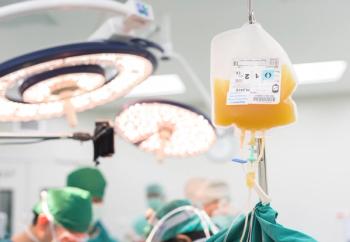
Published in JAMA Network Open, a new study offers surprising results about plasma transfusion effectiveness for women with PPH.

Women with eating disorders-present or past-are at increased risk of adverse pregnancy and neonatal outcomes, according to research from JAMA Psychiatry.

Two randomized phase 3 trials of safety and efficacy of bremelanotide 1.75 mg have found that the drug significantly improved sexual desire and related distress in premenopausal women with hypoactive sexual desire disorder.
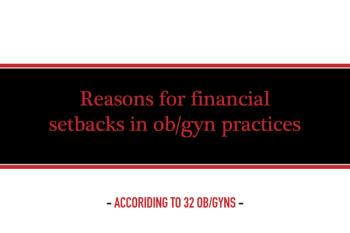
Survey results point out nine pitfalls that you need to be aware of.
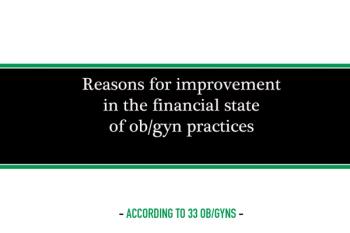
In a recent survey, 33 ob/gyns were asked what led to an improved financial state for their practice.
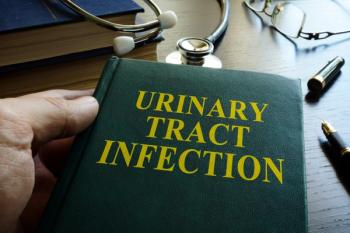
Results presented at the 2019 AAGL Congress demonstrated a higher rate of UTI among younger patients with increased estimated blood loss (EBL) following the procedure.
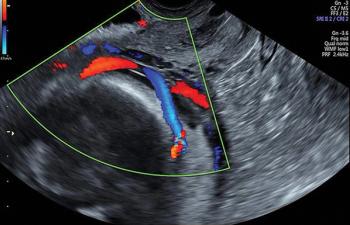
Identifying abnormal placentation is crucial for determining the correct management of at-risk pregnancies and minimizing morbidity and mortality of both mother and child.

For a chronic condition like endometriosis, it is important to develop the physician-patient relationship into a partnership.

Fifty years after Roe and Title X, the right to reproductive freedom continues to come under fire.

Pioneers in uterine transplantation provide an update on an investigational procedure that holds promise for women with absolute uterine factor infertility.

Research presented at the 2019 American Association of Gynecologic Laparoscopists (AAGL) Global Congress in Vancouver indicates that women with preoperative depression are at a greater risk of increased opioid use following hysterectomy.

Women with endometriosis seeking pain relief may want to consider cannabis or cannabidiol (CBD), according to a recent study presented at the 2019 American Association of Gynecologic Laparoscopists Global Congress.

A presentation at the 2019 AAGL Global Congress described how advanced administration of pre-operative oral analgesics could reduce patient usage of immediate post-operative opioid use following minimally invasive hysterectomy.

Results of new research from American Journal and Obstetrics & Gynecology suggest that naltrexone may be an option for pregnant women who use opioids.
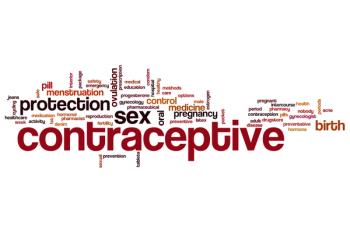
Continuation rates for long-acting reversible contraceptives (LARC) were high in a group of adolescent and young adult (AYA) women, according to a retrospective chart review in the Journal of Pediatric and Adolescent Gynecology.

A JAMA Psychiatry prospective cohort study found that scores for depression were higher among younger adolescents who used oral contraceptives (OCs) than those who did not, but the connection did not remain when all included age groups of the study were combined.

A new analysis of data from the Women’s Health Initiative (WHI) suggests that older women who do regular physical activity-even just walking-may have a lower risk of fracture than their peers who are sedentary.

Results from a recently published study in Obstetrics & Gynecology suggest that fetal telecardiology may be a viable solution for mothers who live in remote areas.

A prospective cohort study in the American Journal of Obstetrics & Gynecology (AJOG) examined whether consumption of dairy products during adolescence can help reduce risk of subsequent endometriosis.
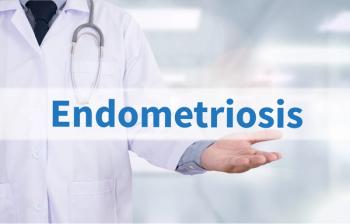
Newly published research in Gynecological Endocrinology assessed the quality of embryos and the implantation rate in women with infertility associated with endometriosis.

These are Contemporary OB/GYN's selections for five of the most noteworthy obstetric-focused studies that were published in October 2019.

The 90th annual Medical Economics Physician Report survey asked 134 ob/gyns about the secondary sources of their employment income in 2018.

A new analysis of electronic health record (HER) data suggests that identifying and treating anemia in women who present for vaginal delivery may help lower risk of postpartum anemia.

Results of a new study suggest that the condition also may be associated with a long-term risk of cardiovascular disease (CVD) and death.

A recent research letter appearing in JAMA explored why maternal gastric bypass surgery may reduce risk to major birth defects in infants.

Results from a recently published study in Menopause indicate that higher endogenous estrogen exposure (EEE) and hormone therapy (HT) may lead to better cognition for women in later life.
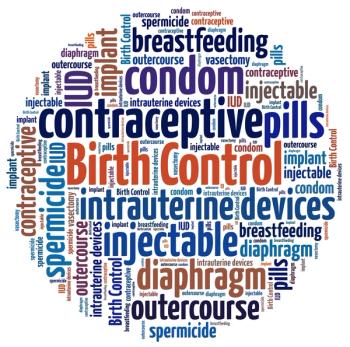
A recent presentation at the 2019 American Society for Reproductive Medicine Scientific Congress & Expo compared female sexual function (FSF) in three progestin-only contraceptives (POCs) among first-time users.

A new qualitative review from the Cochrane Collaborative provides insights on what the end users like and don’t like about this form of communication.

Presenting at the 2019 ASRM Scientific Congress & Expo, researchers from the University of Pennsylvania explored circulating androgen levels before and after cancer therapy, as well as sexual function.